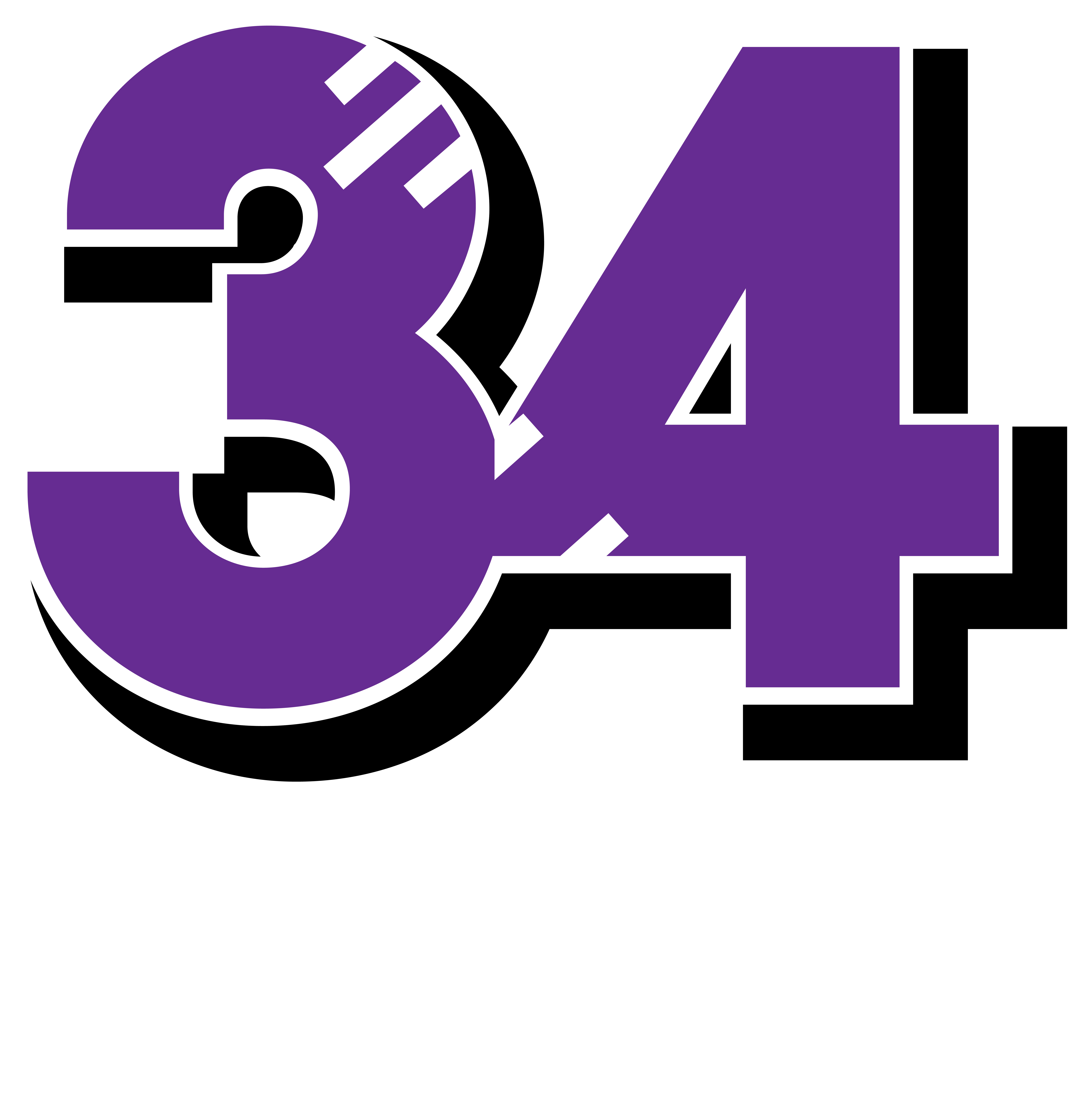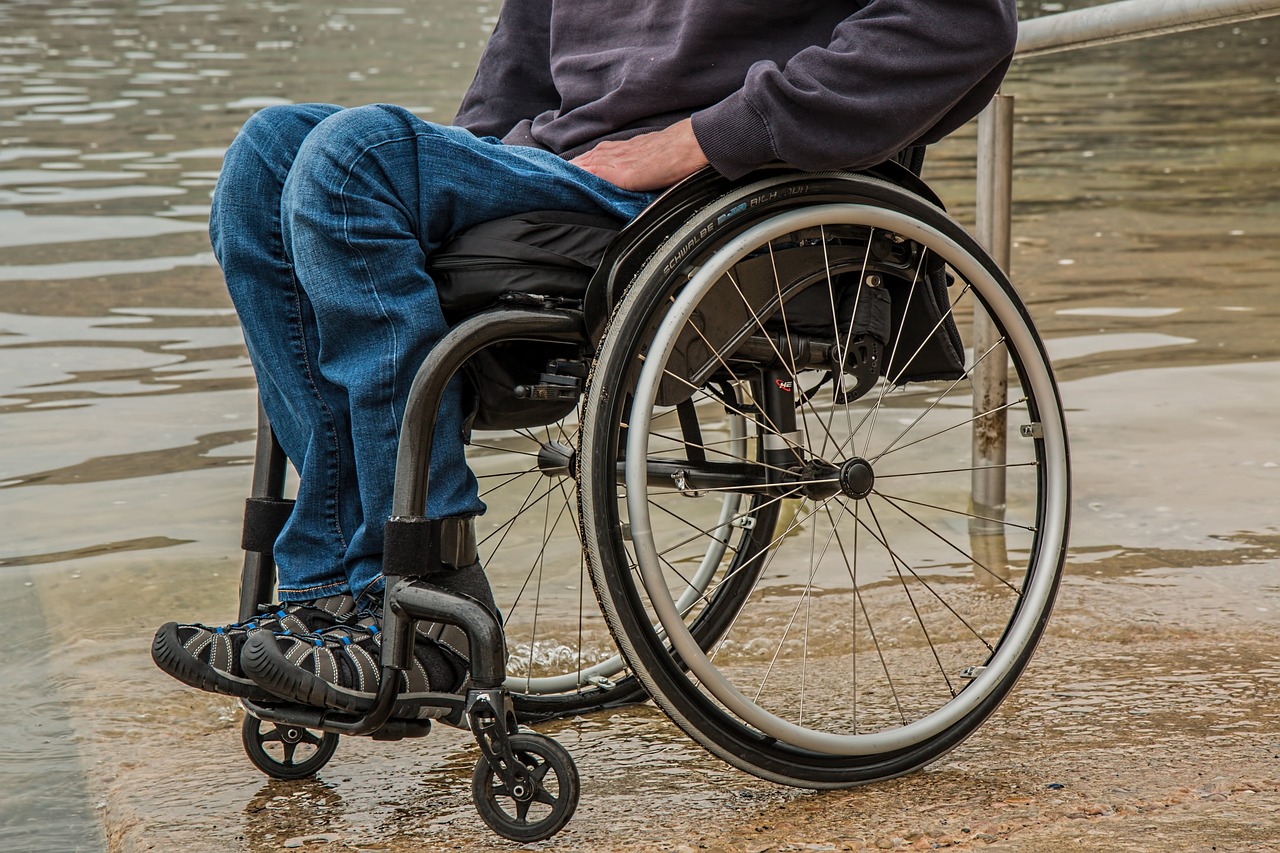Living with a spinal cord injury (SCI) can present a myriad of challenges that significantly impact an individual’s life. Every year, thousands of individuals worldwide experience spinal cord injuries, altering their physical abilities and often reshaping their entire way of life. The journey following such an injury is not just about adapting to physical limitations; it encompasses emotional, social, and practical hurdles as well.
The Initial Impact
The moment a spinal cord injury occurs, it initiates a drastic shift in one’s life. Whether resulting from a traumatic accident or a medical condition, the sudden loss of mobility or sensation below the injury site can be a profoundly disorienting and life-altering experience.
Physical Limitations
The physical challenges that follow a spinal cord injury are perhaps the most evident. Paralysis, loss of sensation, and motor impairments often require significant adjustments in day-to-day activities. Simple tasks like getting dressed, moving around the house, or commuting become arduous tasks that demand careful planning and adaptation.
Moreover, secondary health complications such as muscle atrophy, pressure sores, respiratory issues, and bladder or bowel dysfunction are common among individuals with SCI. Managing these complications necessitates consistent medical care, specialized equipment, and sometimes, ongoing rehabilitation.
Emotional and Psychological Impact
The emotional toll of a spinal cord injury should not be overlooked. The sudden change in one’s abilities often leads to feelings of grief, loss, frustration, and even depression. Coping with the reality of a different life than envisioned can be an ongoing struggle for many.
The adjustment to a new identity, marked by dependency on assistive devices or others for daily tasks, can affect self-esteem and mental well-being. The fear of being a burden or feeling isolated due to limited mobility can further contribute to emotional distress.
Social and Environmental Barriers
Living with an SCI also involves confronting societal barriers and attitudinal challenges. Inaccessible public spaces, limited job opportunities, and social stigmas surrounding disabilities can make full integration into society difficult.
Even with advancements in technology and accessibility, many individuals with spinal cord injuries face hurdles in accessing appropriate healthcare, adaptive transportation, employment, and housing. The lack of understanding and empathy from others often adds an additional layer of challenge.
Coping Strategies and Resilience
Despite these challenges, individuals with spinal cord injuries exhibit remarkable resilience and determination. They often develop coping strategies, resilience, and a newfound appreciation for life. Support networks, peer groups, and mental health professionals play a crucial role in navigating the complexities of life post-injury.
Moreover, advancements in assistive technology, rehabilitation programs, and adaptive sports have opened doors for greater independence and participation in various activities for those with SCI, enhancing their quality of life.
Advocacy and Empowerment
Organizations like The 34 Project play a pivotal role in raising awareness, advocating for policy changes, and empowering individuals with spinal cord injuries. Through education, support services, and community engagement, such organizations contribute to fostering inclusivity and enhancing opportunities for those living with SCI.
Conclusion
Living with a spinal cord injury presents multifaceted challenges that extend beyond physical limitations. It requires immense strength, resilience, and support to navigate through the various hurdles. Understanding and empathy from society, coupled with advancements in medical care and accessibility, are essential in creating a more inclusive world for individuals with spinal cord injuries. Through collective efforts and continuous support, we can strive towards a more accessible and inclusive society, ensuring that individuals with SCI can lead fulfilling and empowered lives.
At The 34 Project, we stand in solidarity with individuals living with spinal cord injuries, advocating for their rights, and working towards a more inclusive future.
The 34 Project is committed to supporting and empowering individuals with spinal cord injuries. Join us in our mission to create a more inclusive world.

